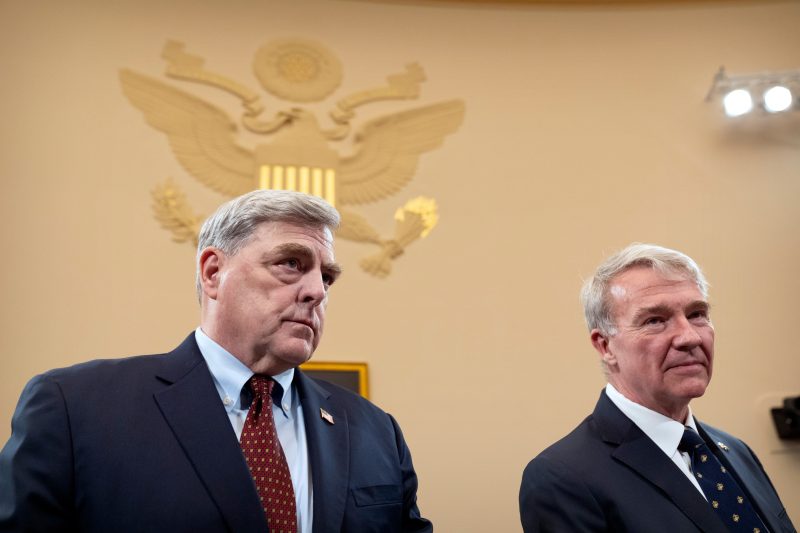The recent withdrawal of U.S. troops from Afghanistan has sparked intense debate and criticism from Republicans towards President Joe Biden. The chaotic evacuation process and the swift takeover of the Taliban have put the Biden administration under immense scrutiny, with many questioning the decision-making behind the exit strategy.
Republicans have been relentless in their criticism of Biden’s handling of the situation in Afghanistan. Accusations of incompetence, lack of foresight, and disastrous execution have been leveled against the President and his administration. Former President Donald Trump has also joined the chorus of critics, calling the withdrawal a humiliation for the United States.
One of the key points of contention for Republicans has been the abandonment of Afghan allies and civilians who supported U.S. forces during the war. The scenes of chaos and desperation at Kabul airport as people try to flee the country have been a stark reminder of the failure to adequately plan for the safety and evacuation of those at risk.
Moreover, the rapid collapse of the Afghan government and security forces following the withdrawal of U.S. troops has raised questions about the intelligence assessments and the effectiveness of the mission over the past two decades. Many Republicans have argued that the U.S. should have maintained a military presence to prevent the resurgence of the Taliban and to ensure stability in the region.
Critics have also pointed to the human rights implications of the Taliban’s return to power, particularly concerning the rights of women and minorities in Afghanistan. The Taliban’s track record of oppressive and violent rule during their previous regime has added fuel to the fire of criticism against the Biden administration for seemingly abandoning the Afghan people to their fate.
In response to the backlash from Republicans and other critics, the Biden administration has defended its decision to withdraw troops from Afghanistan, citing the need to end the forever war and prioritize other global challenges. However, the chaotic aftermath of the withdrawal has overshadowed any potential benefits of ending America’s longest war.
As the situation in Afghanistan continues to unfold, the debate over the withdrawal and its consequences is likely to persist. Republicans are poised to keep up the pressure on Biden and his administration, using the debacle in Afghanistan as a rallying point for their opposition to the President’s foreign policy decisions.
In the coming months and years, the legacy of the U.S. withdrawal from Afghanistan will be closely scrutinized, with both Republicans and Democrats seeking to learn lessons from this tumultuous chapter in American history. The impact of the Taliban’s resurgence and the fate of Afghan civilians left behind will weigh heavily on the minds of policymakers and the public as they assess the cost of ending the war in Afghanistan.
